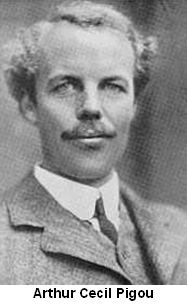 Wired magazine’s Danger Room defense blog is covering the Gaza conflict — today comes the grim news that Hamas has obtained Chinese rockets with a range of 22 miles, doubling the terrorists’ reach into Israel. The rockets are also deadlier and more accurate (not that Hamas is concerned about precision targeting). Thanks for nothing, China… (Photo: Defense Update via Wired)
Wired magazine’s Danger Room defense blog is covering the Gaza conflict — today comes the grim news that Hamas has obtained Chinese rockets with a range of 22 miles, doubling the terrorists’ reach into Israel. The rockets are also deadlier and more accurate (not that Hamas is concerned about precision targeting). Thanks for nothing, China… (Photo: Defense Update via Wired)
* * *
For six decades, the United Nations Relief & Works Agency (
UNRWA) has been devoted exclusively to Palestinian refugees. (
Surely there must be a UN agency devoted to the well-being of Israelis, right? Hello?) UNWRA
said today that of the people killed in the ongoing Israeli offensive against Hamas targets in the Gaza Strip, at least 25% have been civilians.
The agency appears to mean this as a criticism of Israel. Personally I think it reflects well on Israel’s targeting ability if civilian casualties are so low, given the jihadists’ standard tactic of mingling terrorist personnel and infrastructure civilian population centers.
* * *Katharine Jefferts Schori is the Presiding Bishop of the Episcopal Church, and as an active Episcopalian I deeply respect her. So it pains me to see her focusing blame on Israel in the current conflict.
After a perfunctory call for an end to the Palestinian rocket attacks, she unleashes her passion to make clear where her sympathies lie:
“Innocent lives are being lost throughout the land we all call Holy, and as Christians remember the coming of the Prince of Peace, we ache for the absence of peace in the land of his birth,” Jefferts Schori said in her December 29 statement. “Immediate attention should focus on vital humanitarian assistance to the suffocating people of Gaza.”
Sorry, PB, but I believe your sympathies are misplaced. Somebody (apparently not de Tocqueville) said that in a democracy, the people get the government they deserve. The Palestinians, having been handed a democracy, elected a terrorist group to lead their government.
On either side, the deaths of children and noncombatants are tragic — but we can never lose sight of the fact that Israel tries to minimize civilian casualties, while Hamas tries to maximize them.






